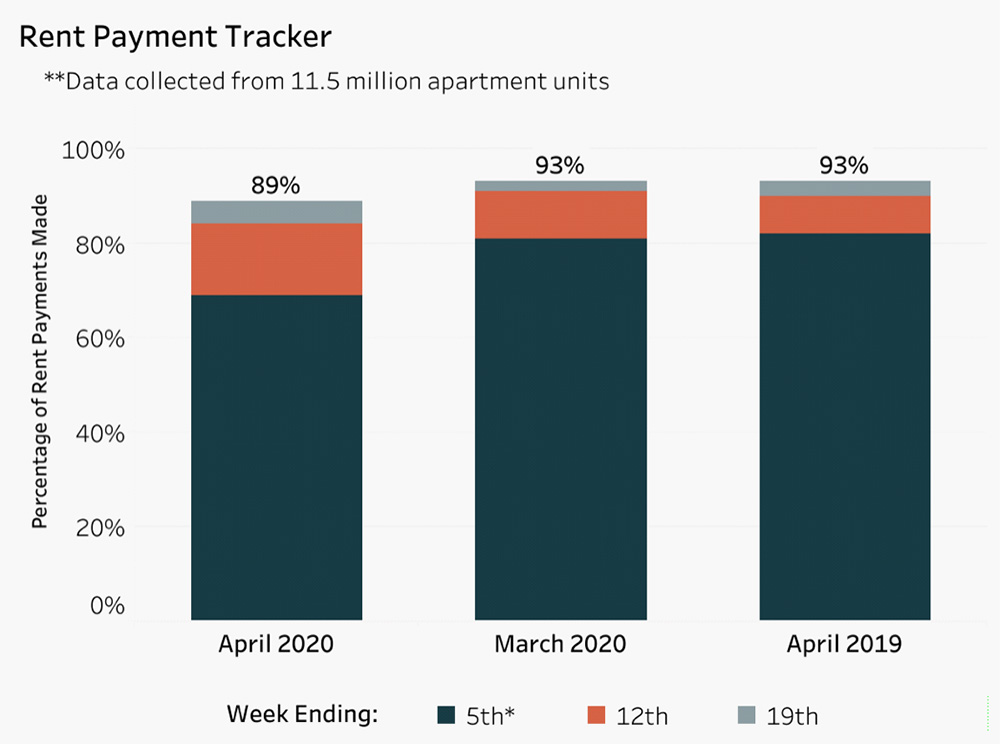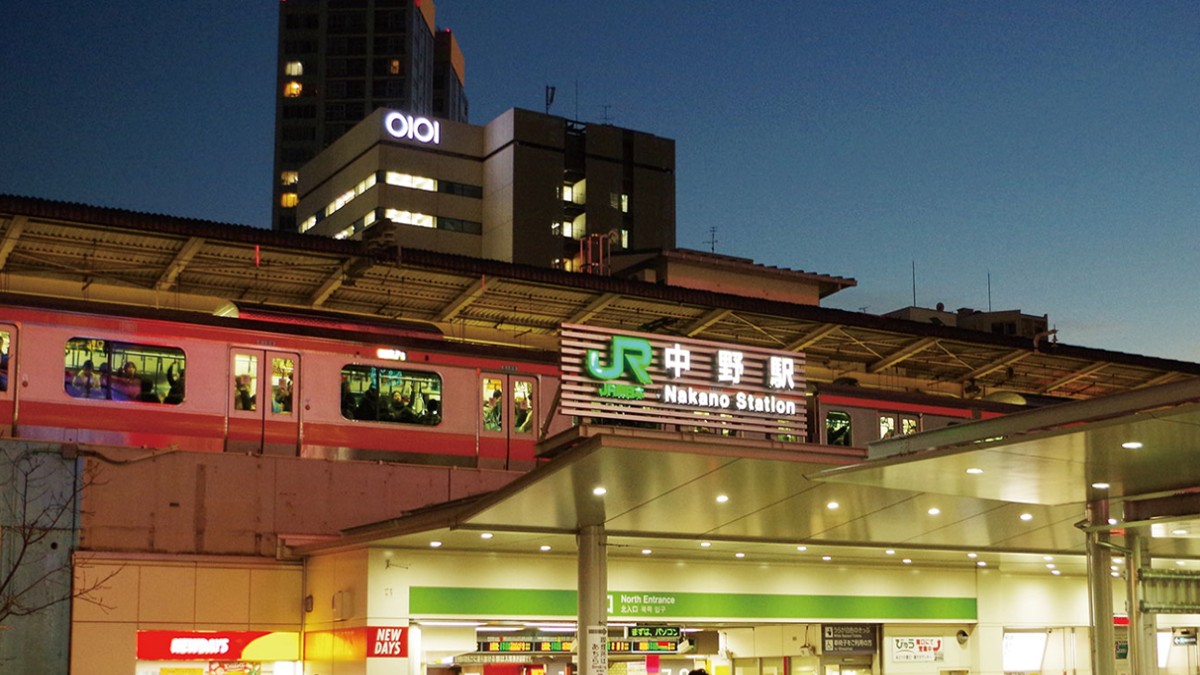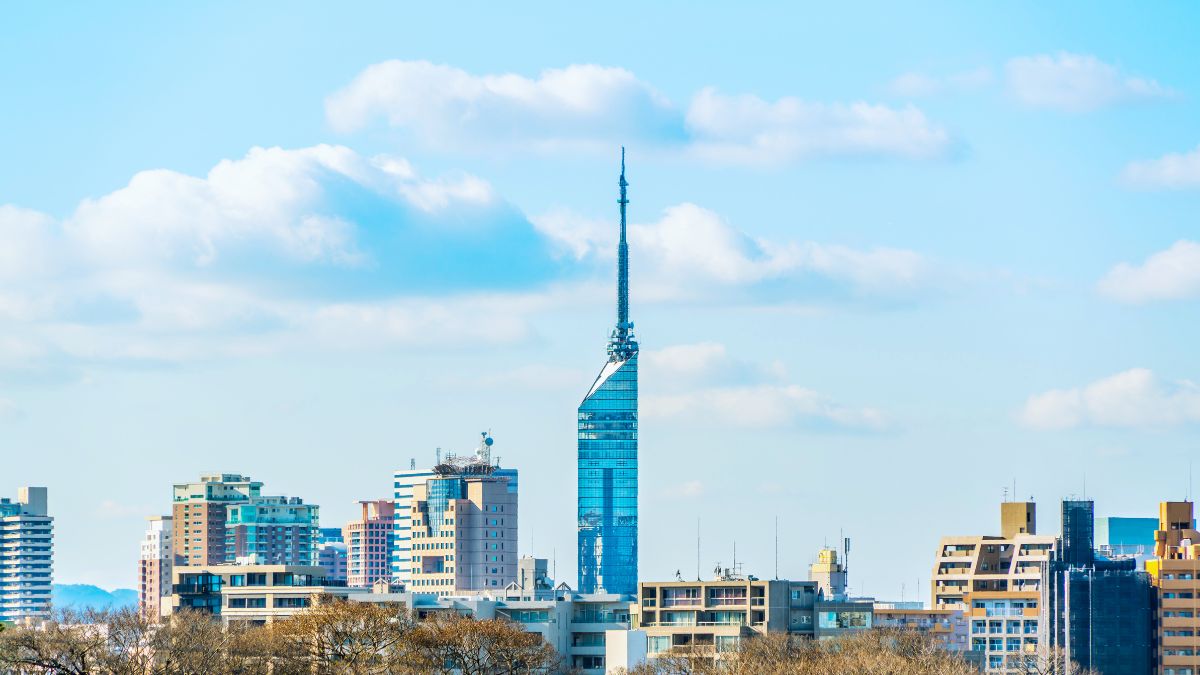2020.05.01
COVID-19 Crisis: Delays in Rent Payment Happening in The United States?

In response to the unprecedented coronavirus crisis, the Japanese government has been discussing support measures in several fields and the potential delay rent payment is among the topics. Although there is still no specific content been announced in Japan, we would like to share with you the rent payment status in the United States, where the number of applicants for unemployment insurance has reached 26 million in the past five weeks.
According to the Rent Payment Tracker published by the National Multifamily Housing Council (NMHC) and assisted by Entrata, MRI Software, RealPage, ResMan, and Yardi, as of April 19th, 2020, 89% of all 11.5 million apartments registered rent collection on time. Compare to 93% in March 2020, the number was 4% less but in general, it seems that there is no substantial late payment occurred as expected. (Figure 1)
Figure 1. Rent Payment Tracker

The above numbers are the overall figures in the United States. If we dive more by location, in New York (81.6%), New Orleans (82.8%), and Las Vegas (86.8%), where the tourism industry was booming, the rent collection rates were a lot less than the overall 89%. In contrast, in Salt Lake City (94.8%), Sacramento (94.7%), where the provincial capital located, Riverside / San Bernardino (94.4%), where many supply bases located, and Virginia Beach (94.4%), where a large defense industry located, the rent collection rates remain stable. In addition, buildings in the United States are classified into Class A, B, and C according to the quality and age of the building. Compare to Class A (88.4%) and Class B (88.1%), the rent collection rate of Class C (85.3%) was significantly lower since its tenants are more likely to be the high-risk groups that are relatively vulnerable to the economic impact caused by the coronavirus pandemic.
According to NMHC President Doug Bibby, although there are the financial support from the federal government and the payment plan for the tenants by the apartment owners and property management companies, not everyone is eligible for government support. Some tenants have to use savings in order to pay for unexpected expenditures including medical expenses. The financial safety of the tenants is unclear and that requires more government support, including further legislation.
In summary, in the United States, the coronavirus impact to rent payment delay seems to be limited so far. However, people are paying more attention to the coming month to see if the numbers in May will deteriorate as predicted by some of the analysis reports.
From now on, WealthPark would like to keep an eye on trends not only in Japan but also in the oversea market, and to explore more opportunities together with our clients.





